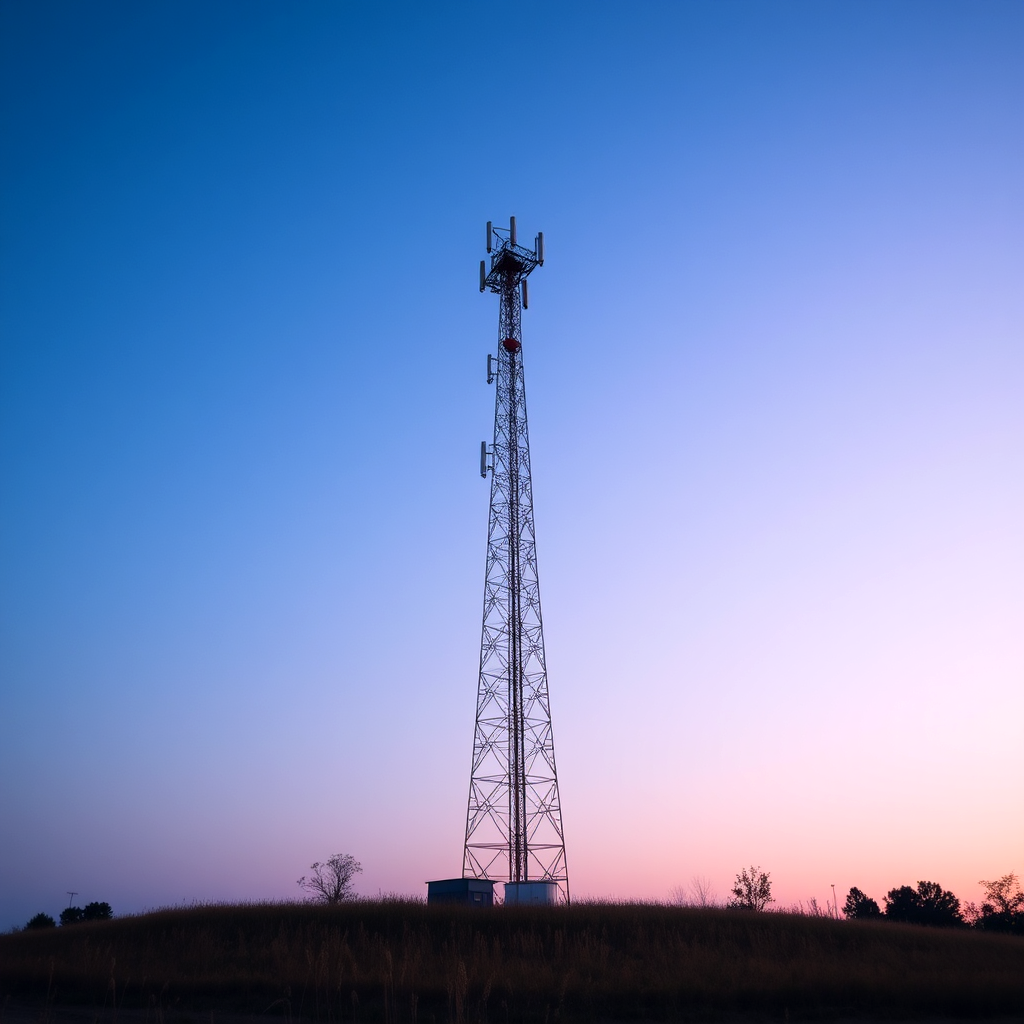In an era where seamless internet access is essential for businesses, educational institutions, and individuals alike, the demand for reliable, high-speed internet has grown exponentially. Traditional wired connections like fiber-optic, DSL, and cable dominate the landscape, but a newer and highly effective option, fixed wireless, is emerging as a powerful alternative. Fixed wireless internet has garnered attention for its efficiency, scalability, and accessibility, particularly in underserved areas. Below, we explore the many benefits of fixed wireless technology and why it is becoming a crucial part of the internet connectivity ecosystem.
1. Quick Deployment
One of the most significant advantages of fixed wireless is its rapid deployment compared to traditional wired solutions. Since fixed wireless does not require extensive underground cabling or fiber-laying projects, it can be set up and operational in a matter of days. This makes it ideal for rural areas, new developments, or businesses that need quick access to internet services without waiting for fiber-optic infrastructure to be built.
2. Cost-Effective Installation
The cost associated with deploying fiber-optic or wired networks can be prohibitively expensive, especially in remote or sparsely populated regions. Fixed wireless significantly reduces installation costs by eliminating the need for trenching or laying physical cables. Providers can place antennas or towers strategically, delivering internet over the air via radio signals. This cost efficiency allows providers to offer competitive pricing, making it an attractive option for users in both urban and rural areas.
3. High-Speed Connectivity
Contrary to common misconceptions, fixed wireless can deliver impressive internet speeds comparable to wired connections. With advancements in technology, some fixed wireless networks now offer speeds that rival fiber-optic internet. Users can enjoy low-latency, high-bandwidth connections suitable for tasks like video conferencing, streaming, gaming, and business operations.
4. Scalability
Fixed wireless offers an inherently scalable solution for internet service providers (ISPs). Once the necessary infrastructure—like base stations or towers—is in place, it is relatively easy to expand coverage and add more users by increasing network capacity or deploying additional wireless equipment. This flexibility enables providers to adjust quickly to growing demands for bandwidth and coverage, especially in fast-growing communities or business hubs.
5. Ideal for Remote and Rural Areas
One of the primary challenges of traditional wired internet is the difficulty of providing coverage in remote or rural locations. Due to the high costs of infrastructure, many areas have limited or no access to high-speed internet. Fixed wireless bridges this digital divide by delivering fast internet to remote areas without the need for costly physical infrastructure. This enables rural businesses, farms, and homes to connect to the digital world, promoting economic development and improving quality of life.
6. Reliability and Redundancy
Fixed wireless networks are designed with reliability in mind. Unlike wired networks, which are susceptible to physical disruptions such as cable cuts, weather damage, or infrastructure failures, fixed wireless relies on air-based transmission, which can be less vulnerable to such issues. Additionally, many fixed wireless providers build redundancy into their networks by establishing multiple links to their towers, ensuring consistent service even if one link fails.
7. Low Latency for Real-Time Applications
While satellite internet solutions are known for their high latency due to the long distances data must travel, fixed wireless offers low latency, making it ideal for real-time applications. This is crucial for online gaming, video calls, VoIP services, and other real-time interactions where even a small delay can have a noticeable impact on user experience.
8. Environmental Benefits
Fixed wireless solutions can also contribute to sustainability and environmental conservation. With no need for extensive digging or construction, fixed wireless deployment results in fewer disruptions to the environment. It also reduces the carbon footprint associated with producing, transporting, and installing physical cables.
9. Flexible Deployment Options
Fixed wireless technology offers a range of deployment options to suit different needs. Service providers can offer point-to-point (P2P) connections, ideal for businesses that need high-capacity, dedicated links between two locations, or point-to-multipoint (P2MP) setups, where a single transmission tower serves multiple endpoints. This flexibility allows ISPs to tailor services based on the user’s specific requirements, making fixed wireless a versatile option for both residential and business customers.
10. Security
Modern fixed wireless systems are equipped with strong encryption and security protocols, making them as secure as wired connections. With advanced data protection technologies in place, businesses and individuals can confidently use fixed wireless for sensitive operations without compromising security.
Conclusion
Fixed wireless internet offers a dynamic, cost-effective, and scalable alternative to traditional wired connections. With its rapid deployment, high-speed capabilities, and adaptability to various geographical areas, fixed wireless is transforming the landscape of internet connectivity. As technology continues to evolve, it promises to play an even more significant role in bridging the digital divide and providing reliable internet access to a broader audience. For businesses, educational institutions, and homes in need of robust connectivity without the delays and costs of traditional infrastructure, fixed wireless stands out as a compelling solution.

